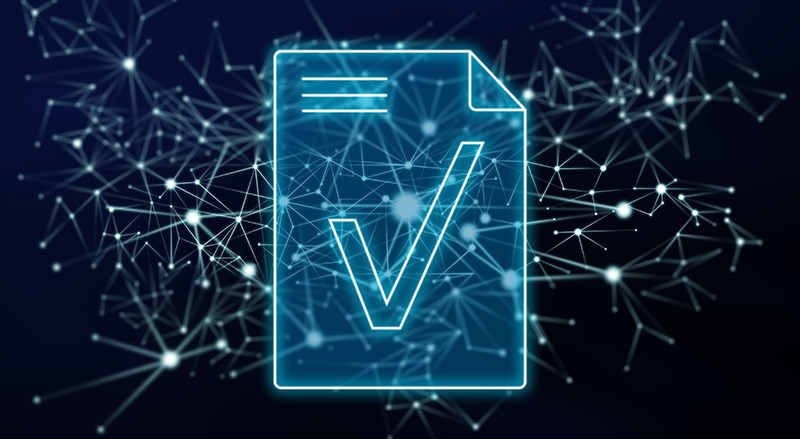While NFTs (Non-Fungible Tokens) are most commonly associated with crypto-asset trading and the art world, they also offer significant advantages to governments.
NFTs are unique digital assets that can represent ownership or proof of authenticity for digital or physical items. NFTs are inherently indivisible – they cannot, under any circumstances, be divided into smaller units to share ownership. NFTs are minted by an entity and can be sold to a new entity and become the token’s owner.
Like with fungible tokens, token creators can use smart contract rules to prevent or limit transfers of the NFT based on criteria. NFTs have to be minted with these specific properties, but it could include the potential for users to update the properties of the token over time as certain conditions are met.
NFTs as digital certificates in the government
Perhaps one of the most obvious use cases for NFTs is ‘digital certificates’ allowing the government to offer important online documents to businesses which are verifiable and immutable. Some ways governments might use NFTs as digital certificates include:
- Digital identity and authentication: NFTs could serve as a form of digital identity. Each citizen could have a unique NFT associated with their identity, containing essential information such as name, date of birth, and other relevant details. This NFT could be used for online authentication and secure access to government services.
- Property and land ownership: Governments can issue NFTs to represent property deeds or land titles. This would ensure the authenticity and provenance of ownership. Transferring property ownership would simply involve transferring the associated NFT to the new owner’s digital wallet.
- Licences and certifications: NFTs can be used to issue and verify licences and certifications. For example, educational certificates, professional licences, or even driver’s licences can be issued as NFTs. This would make it easy for individuals and authorities to verify the authenticity of these documents.
- Voting and civic engagement: Governments can issue NFTs to citizens for voting. Each eligible voter could receive a unique NFT representing their voting rights. This could make the voting process more secure, transparent, and tamper-proof.
- Public records and notary services: NFTs can be used to timestamp and verify public records, legal documents, and contracts. This would create a transparent and immutable record of important government transactions.
- Cultural heritage and artefacts: Governments can use NFTs to digitise and protect cultural heritage and historical artefacts. This would help prevent counterfeiting and ensure the provenance of these valuable items.
- Health records and vaccination certificates: NFTs could represent individuals’ health records, including vaccination certificates. These NFTs could be used for travel, access to public spaces, and healthcare services.
- Financial transactions and taxation: Governments can use NFTs to track financial transactions and taxation. Each transaction could be recorded as an NFT, providing a transparent and immutable ledger.
- Social services and benefits: NFTs could represent eligibility for social services and benefits, making it easy for citizens to access and prove their entitlement to government support.
- Customs and import/export documentation: NFTs can streamline customs processes by representing import/export documentation, ensuring the authenticity of products and their compliance with regulations.
Checks and balances should still be in place
It’s important to note that the adoption of NFTs for government use would require robust security measures and a well-defined framework to protect citizens’ privacy and prevent misuse. Additionally, the technological infrastructure and digital literacy of the population would need to be considered when implementing such systems.
